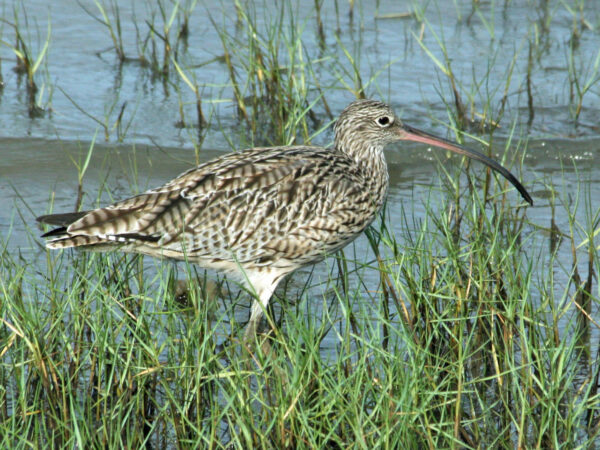April 21st is a special day for bird lovers around the world. It marks World Curlew Day, an initiative created by Mary Colwell in 2017 to raise awareness about curlews and their plight. Curlews are nature’s most majestic birds, with long curved bills and striking plumage. Unfortunately, their populations are declining due to habitat loss and other human-induced pressures. On this day, we celebrate these beautiful creatures and take action to protect them.
What is a Curlew?
Curlews are large wading birds that belong to the family Scolopacidae. They have long legs, long curved bills, and mottled brown plumage that helps them blend into their surroundings. There are four species of curlew found in Europe: Eurasian Curlew (Numenius arquata), Whimbrel (Numenius phaeopus), Eurasian Oystercatcher (Haematopus ostralegus), and Slender-billed Curlew (Numenius tenuirostris). All four species are globally threatened on the IUCN Red List of Threatened Species.
How Can We Help?
The main threats facing curlews today are habitat loss, hunting pressure, predation from invasive species such as foxes or cats, and climate change. To help protect these birds, we can take action in our communities by creating habitats for them to thrive in. This could include planting native trees or shrubs that provide food sources for curlews or creating wetlands where they can find refuge from predators. We can also support organizations like the British Trust for Ornithology, which tirelessly monitor curlew populations and advocate for their protection.
Celebrating World Curlew Day
On April 21st each year, we celebrate World Curlew Day with events worldwide to raise awareness about these amazing birds. This year, virtual events will be online so everyone can join in from home! Whether you’re a bird-lover or just curious about nature’s wonders, there’s something for everyone on World Curlew Day! So why not join us this April 21st in celebrating these fantastic creatures?


